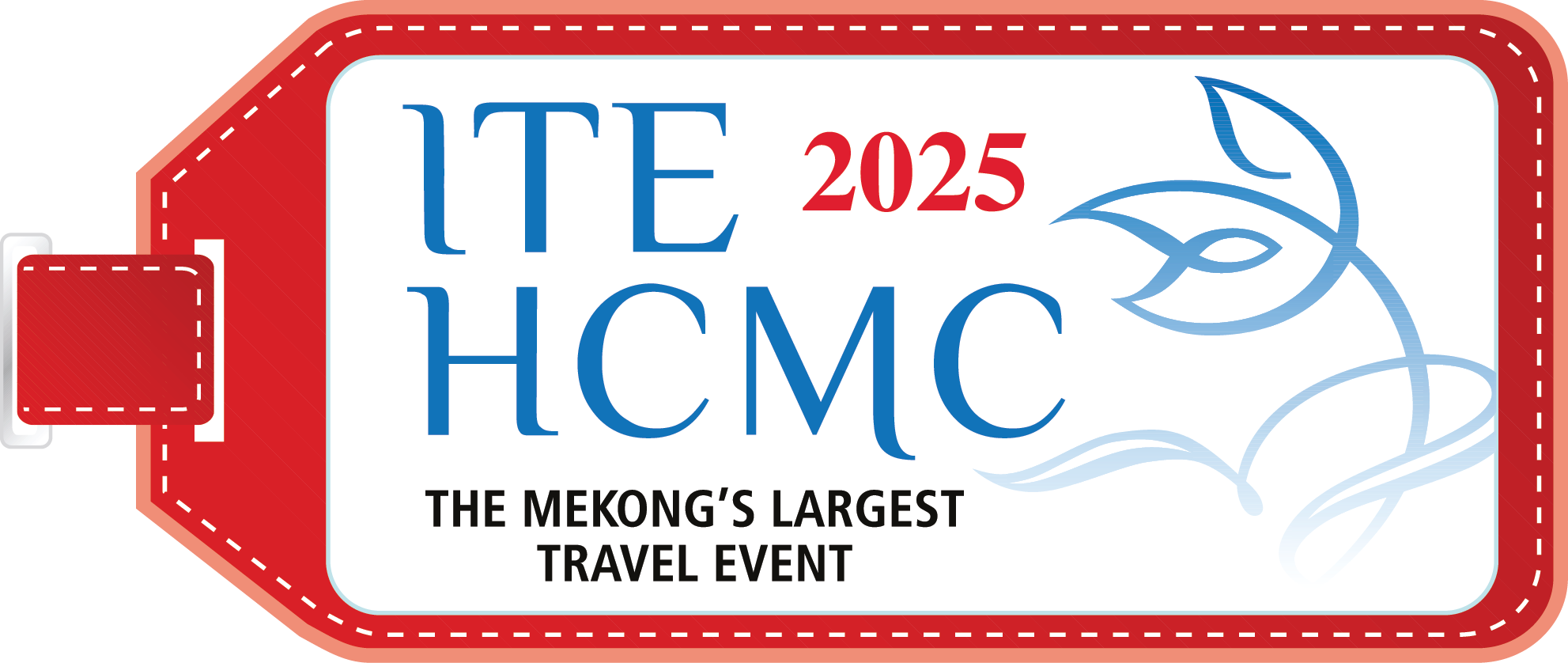
Workshop “Empowering local communities through sustainable tourism”
On the afternoon of September 5, 2024, a workshop with the theme “Empowering local communities through sustainable tourism” was held in Ho Chi Minh City. At the workshop, speakers focused on sharing lessons learned, effective community tourism models, identifying difficulties and challenges to sustainable tourism development, and empowering local communities through sustainable tourism. From there, the most effective solutions for future Vietnamese destinations will be proposed.
Taking place within the framework of the 18th International Travel Expo Ho Chi Minh City 2024 (ITE HCMC 2024), the workshop “Empowering local communities through sustainable tourism” jointly organized by the Vietnam National Administration of Tourism; the Asia Pacific Regional Support Office of the United Nations Tourism Organization (UN Tourism) and the Asian Tourism Exchange Center (APTEC) attracted the attention of nearly 200 experts, researchers and representatives of international organizations, as well as management agencies in the tourism sector.
Developing community-based tourism towards sustainability
In her opening speech, Ms. Chiaki Oya, Deputy Chief Representative, Asia Pacific Regional Support Office of the United Nations Tourism Organization (UN Tourism), emphasized the important role of community-based tourism in preserving culture and improving the livelihoods of local people. She also affirmed that cooperation between stakeholders is key to ensuring sustainable tourism development.
Currently, community tourism is considered the type of tourism that brings the most sustainable economic development benefits to residents. Community tourism not only helps people protect ecological resources but also preserves and promotes unique local cultural features. Vietnam has great potential in natural landscapes, historical values, indigenous cultures of ethnic groups, customs and lifestyles, and rich culinary cultures of regions, which are the basis for the strong development of community tourism.
Sharing about the practice of community tourism in the Mekong Delta region, Dr. Duong Duc Minh, Deputy Director of the Institute for Tourism and Economic Development Research (ITEDR), said that the world’s tourism demand is changing: towards new values established based on traditional cultural values (uniqueness, originality), natural values (primitiveness, integrity), creative values and high technology (modernity, convenience).
To promote community tourism, it is necessary to understand the characteristics of this type of tourism. In addition to tourism livelihoods that are symbiotic with the main livelihood to maintain the household economy, the capacity of household destinations is often modest, and tourism services and infrastructure are minimalist and rustic, the highlight of this type is the unique cultural experience for tourists. In particular, he also emphasized that “Community tourism is an effective way to develop sustainable tourism and practice responsible tourism”.
Mr. Natthawut Chaengkrachang, the representative from the Designated Areas for Sustainable Tourism Administration (DASTA), Nan Province, Thailand, also shared about the need for an excellent organization in integrating the development of designated tourism areas and promoting quality, standardized tourism destinations for sustainable growth.
For example, “CBT Thailand” has been used as an important tool for continuous planning and evaluation of community-based tourism development results in Thailand. This is a standard to assess the strengths and weaknesses of the community throughout the tourism development process. Based on that, the community and training units can effectively build capacity and promote the potential of the community.
Most importantly, CBT Thailand is used as a monitoring tool to prevent unwanted negative changes in the community when addressing tourism needs.
He also proposed local people’s tourism ideas to local people. This is one of the solutions for sustainable tourism because, within this framework, local people are the ones who make the main decisions in developing tourism in the locality and are the ones who fully benefit from tourism development.
Opportunities and challenges in developing community-based tourism
During the discussion session, speakers shared their views on the factors leading to success as well as the challenges in developing community-based tourism projects. Questions from the audience were also discussed enthusiastically, bringing many rich and diverse perspectives.
At the workshop, Mr. Duong Binh Minh, Tourism Expert, and Chairman of the Board of Members of CBT Travel Company talked about building and operating effective homestays. Accordingly, he once again emphasized that community tourism originates from the needs of tourists who like to live close to rural people. However, from that need, people in many localities just do it, this family learns from that family, and this locality learns from the other locality… without any guidance.
Learning, exchanging, sharing, and connecting is what Mr. Binh regularly organizes in the tourism community nationwide. CBT Travel has organized many seminars, training sessions, and conferences, contributing to changing the thinking of many local leaders on how to develop tourism to serve the goal of poverty reduction, helping people improve their living standards through tourism, and at the same time protecting the environment.
Mr. Duong Minh Binh said that the homestay models that people are currently building are still spontaneous, have not been organized, calculated, and considered properly, and have not gone into substance. The forms of activities of this type of tourism are only meant for sightseeing, and enjoying the environment, and rarely achieve the purpose of raising awareness, educating the environment, and feeling the unique features, the good, and the beauty in the culture of the indigenous community.
Building a quality tourism product not only requires creativity but also a seamless connection between the past and the present… that is the subtle characteristic of signature tourism products.
At the end of the workshop, Ms. Marian Magsino, Head of the International Department, Asia Pacific Support Office of the United Nations Tourism Organization, UN Tourism, summarized the main points and thanked all the speakers and guests who participated and contributed to the success of the event.
The workshop ended successfully, opening up many new cooperation opportunities and sustainable development orientations for the Vietnamese tourism industry.








